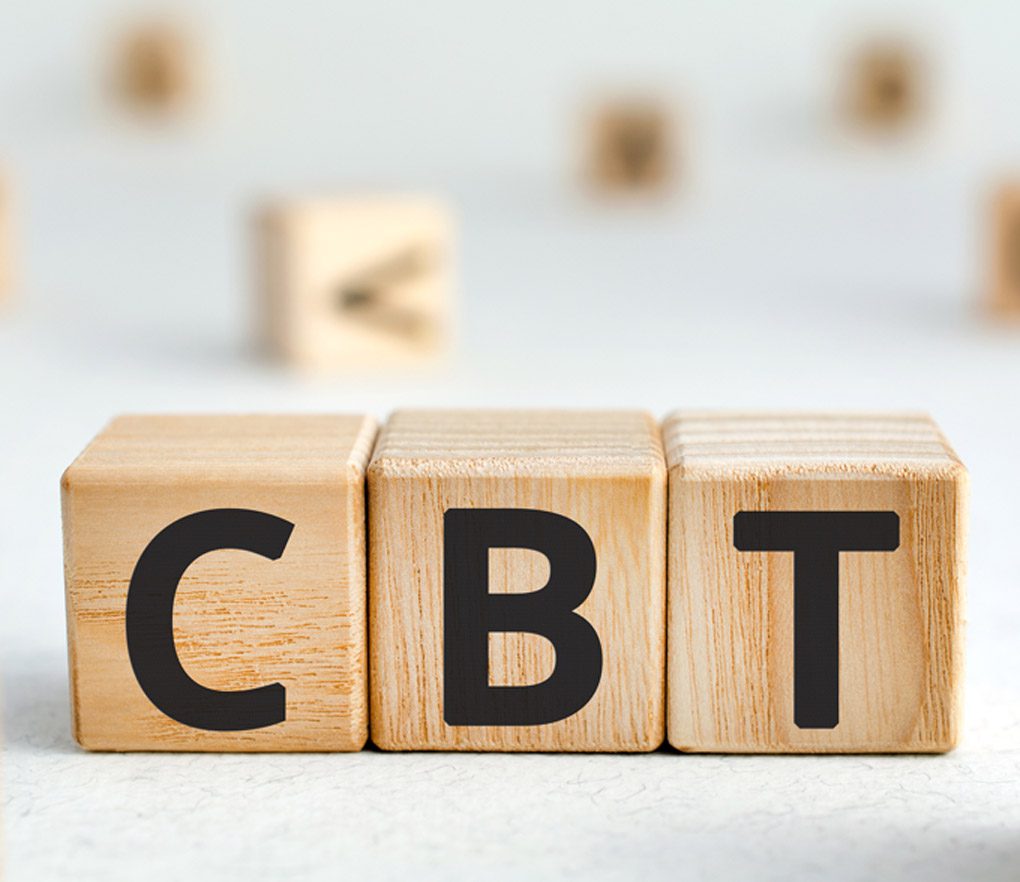It is common for car accident survivors to experience emotional and mental symptoms requiring treatment by a Spanish-speaking psychiatrist in San Antonio. An experienced psychiatrist is trained to evaluate, diagnose, and treat symptoms of mental health conditions caused by a recent car accident.
Common Symptoms of Emotional Distress in Car Accident Survivors
Soon after a car accident, survivors may experience the following symptoms of emotional distress:
- Anxiety
- Anguish
- Mood swings
- Fearfulness
- Flashes of anger
- Feelings of humiliation
- Difficulty sleeping
- Crying
- Nightmares
- Loss of appetite
- Loss of interest in daily activities and/or hobbies


After a car accident, most survivors are focused on scheduling appointments with medical doctors, filing a claim with their insurance company, and finding a personal injury lawyer. Most survivors ignore the signs of emotional distress and don’t realize they may need treatment.
However, it’s common for survivors to experience disturbing emotional symptoms that could lead to fear of driving, going to work, attending school, or even getting out of bed. This can keep survivors from going to doctors’ appointments and receiving the treatment they need.
What is Post-Traumatic Stress Disorder?
PTSD is a mental health condition commonly associated with combat veterans. However, car accident survivors are also at risk of developing symptoms of PTSD. In fact, car accidents are a leading cause of PTSD in the general population — more than one out of three car accident survivors develop PTSD.
Symptoms of PTSD
- Nightmares
- Flashbacks that can sometimes lead to “blackout” periods
- Recurrent, disturbing, and unwanted memories of the accident
- Severe emotional distress or a physical response to triggers that remind them of the accident
- Avoiding thinking about or discussing the accident
- Avoiding the location of the car accident
- Negative changes in thoughts and mood, such as:
- Hopelessness
- Memory difficulties
- Relationship difficulties
- Feeling disconnected from family and friends
- Disinterest in hobbies
- Feeling emotionally numb
- Changes in physical and emotional responses, such as:
- Overwhelming feelings of guilt or shame
- Difficulty focusing
- Difficulty sleeping
- Hypervigilance
- Paranoia
- Irritability
- Aggressive behavior
- Self-destructive behavior
- Angry outbursts

Risk Factors for PTSD
The risk of developing PTSD in car accident survivors is increased if they:
- Experienced dissociation during or immediately after the accident
- Experienced extreme feelings of helplessness, fear, horror, guilt, or shame during or immediately after the accident
- Experienced trauma in the past
- Have a family history of psychopathology
- Have underlying psychological conditions
- Lack social support
The Diagnosing Process
During the initial consultation, a Spanish-speaking psychiatrist in San Antonio will ask the patient to describe their symptoms and the event(s) that trigger their symptoms.
If the psychiatrist determines that the patient has PTSD, they will explain the various treatment options, which include cognitive therapy, eye movement desensitization and reprocessing (EMDR), exposure therapy, and medication, such as antidepressants or anti-anxiety medication.
When searching for a Spanish-speaking psychiatrist in San Antonio, it’s important to make sure the clinic offers psychiatric treatment for PTSD. If you’re experiencing symptoms of PTSD, contact My Doctor Sam to schedule an appointment and receive the psychiatric treatment you deserve.
